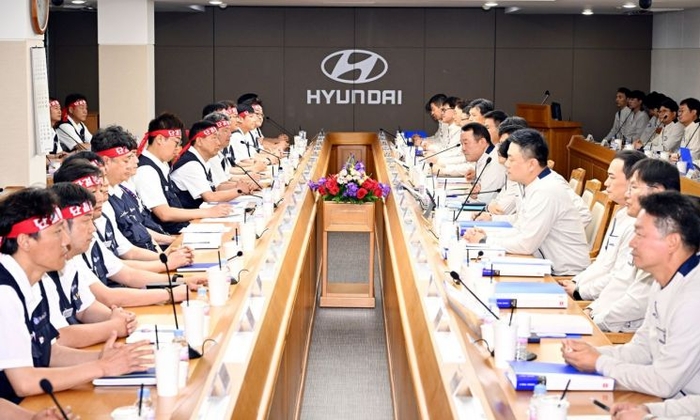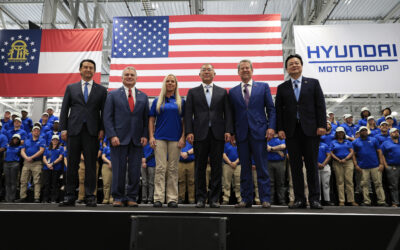Unionized workers at Hyundai Motor Co., South Korea’s largest automaker, have officially approved a new wage hike deal for 2025. The agreement follows more than 20 rounds of tense negotiations and a labor strike — the first in seven years.
On Tuesday, the labor union announced that 53% of 36,208 voting workers supported the deal, securing a long-awaited resolution after weeks of industrial action.
Details of the 2025 Hyundai Motor Wage Deal
The new wage package includes:
- ₩100,000 (US$72) increase in monthly base pay
- Performance-based bonus equal to 450% of monthly wages
- ₩15.8 million (US$11,300) in cash incentives
- 30 Hyundai Motor shares per worker
- ₩200,000 in traditional market gift certificates
This comprehensive package reflects both a pay raise and diversified benefits, combining direct cash support with company stock incentives.
Background: First Strike in Seven Years
Hyundai Motor and its union reached the tentative agreement earlier this month after prolonged negotiations. Workers staged a strike earlier in September, marking the company’s first labor walkout since 2017.
The strike highlighted growing tensions between labor demands and Hyundai’s business challenges, particularly amid global economic uncertainty and shifting demand in the auto sector.
Business Headwinds for Hyundai
The wage agreement comes at a difficult time for Hyundai Motor. The company is under pressure from multiple directions:
- U.S. tariffs on auto imports have cut into international competitiveness
- Global EV demand slowdown, especially in key markets, is affecting sales
- Second-quarter net profit dropped 22.1% year-on-year, totaling ₩3.25 trillion
These financial strains have made wage negotiations even more challenging, as the company seeks to balance worker satisfaction with global market headwinds.
Outlook for Hyundai Motor in 2025
Despite these difficulties, Hyundai Motor continues to push forward with its electric vehicle strategy and global expansion plans. The approved wage deal may help stabilize labor relations, giving the automaker more room to focus on innovation and competitiveness.
Analysts suggest that while the short-term costs of the wage agreement are high, securing workforce stability is crucial for Hyundai’s long-term growth.
Source: ETNews





